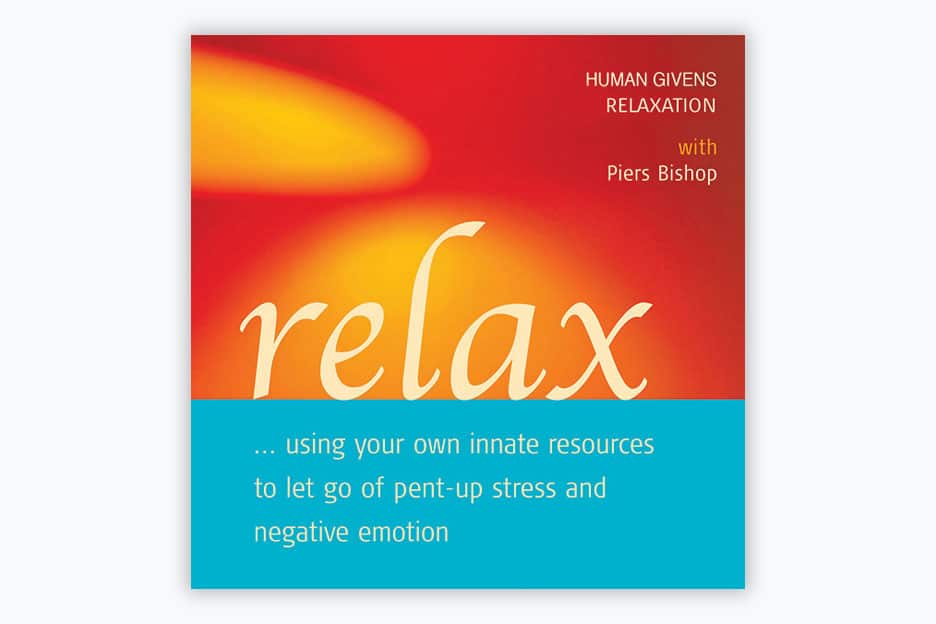What People Don’t Know About Antidepressants
It is important to get the full facts
Key points:
- Antidepressants are prescribed for the majority of people who consult their GP for depression. They may also be prescribed for other conditions such as pain and insomnia.
- Whilst it is known that all drugs have side effects, many of those caused by antidepressants may not be recognised as side effects, including worsening of the depression.
- Antidepressant side effects may cease once the drug is stopped but withdrawal effects can last indefinitely. So, if possible, it is always worth trying effective therapy first.
It is not uncommon that someone will arrive at a first session of therapy saying that they are also thinking of booking an appointment with their GP, in case they need antidepressants. They want to know whether the therapy will still ‘work’ if they are on medication.
The short answer is usually yes – although I have had a few clients who had already started on antidepressants and who were either on such high doses or had such a reaction to them that they were completely spaced out and unable to concentrate on anything I said. We agreed to abandon the sessions.
The more important question to ask, I feel, is whether people really need to consider antidepressants at this stage at all.
Clients are quite right in thinking that their GPs will incline towards the prescription pad if they consult them about depression. As a new and hard-hitting book, Antidepressed,1 points out, very many GPs still believe that a chemical imbalance, namely low levels of the neurotransmitter serotonin, is the cause of depression and that the balance needs correcting with drugs. This theory, and it was only ever a theory, has been soundly and scientifically refuted.2
The author of Antidepressed, Beverley Thomson, is a researcher and writer with a special interest in psychiatric medication. She has worked with organisations such as the British Medical Association, the Scottish Government (as part of a working group addressing the issue of prescribed drug harm and dependence in Scotland), the UK Council for Evidence-Based Psychiatry (writing evidence-based summaries to be used by professionals and the general public), and the UK All Party Parliamentary Group for Prescribed Drug Dependence.


